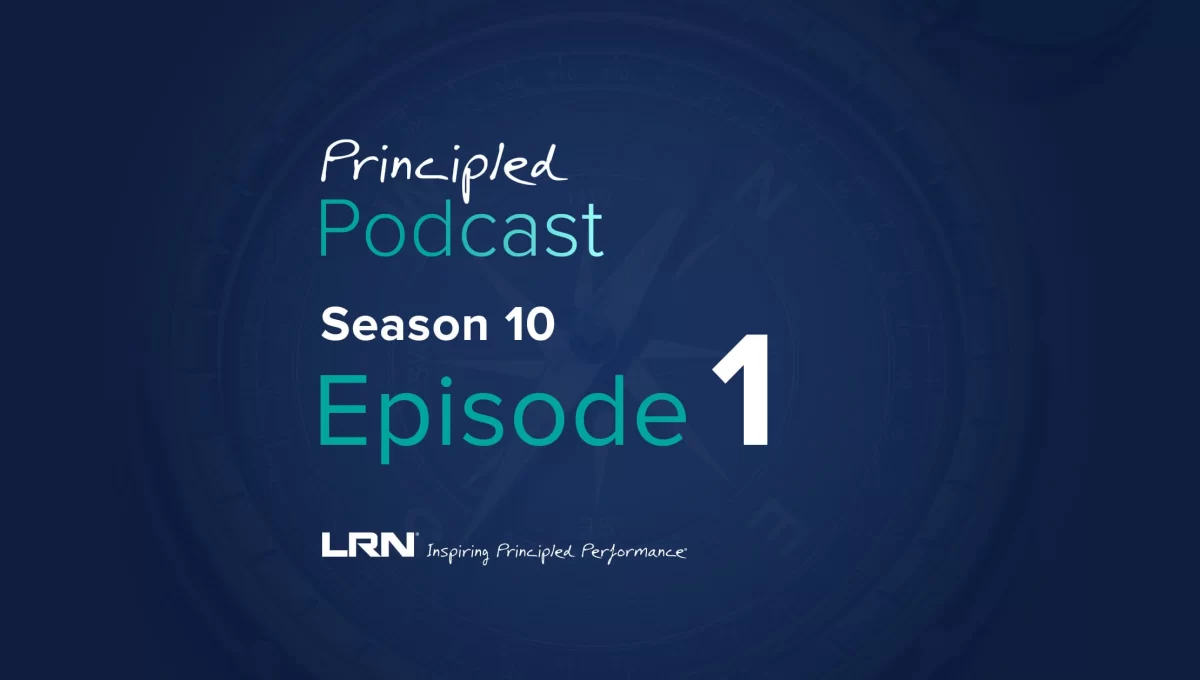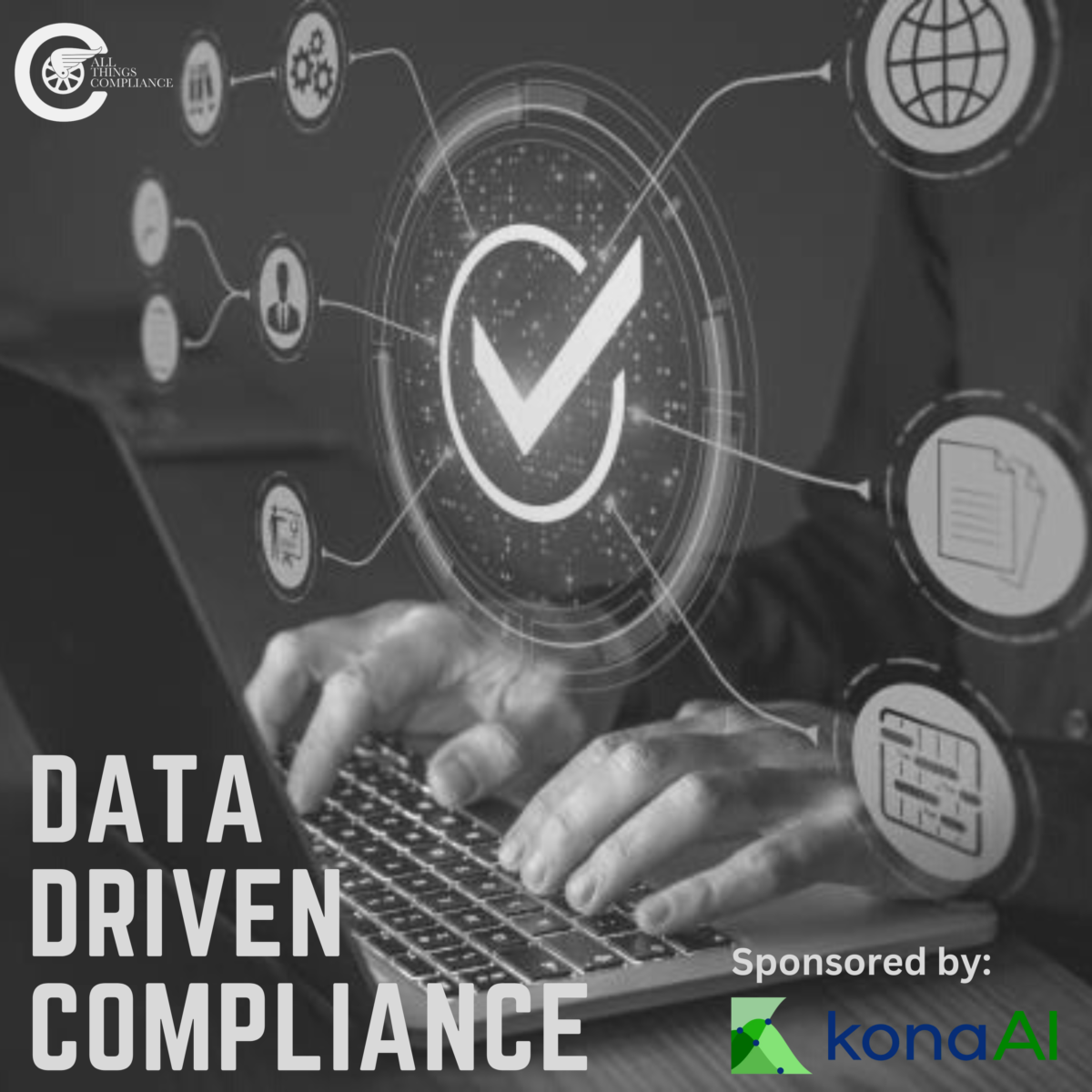I recently had the opportunity to visit with Dr. Ian Oxnevad, Director of Geopolitical Risk Intelligence at Infortal Worldwide. Global Risk Review, a podcast series that Infortal Worldwide sponsors was the reason for this visit. Dr. Oxnevad is a seasoned expert in geopolitical risk intelligence, with a Ph.D. in political science and a master’s degree in National Security Studies. Over this five-part blog post series, we will review Dr. Oxnevad’s views in each one of these regions. Part 2 reviews the business opportunities and risks in Latin America.
Dr. Ian Oxnevad is a highly regarded expert in global geopolitical risk, with special knowledge of Latin America. His extensive experience and understanding of the region’s shifting dynamics shape his perspective on Latin America’s geopolitical risks and business opportunities. Oxnevad identifies significant changes and instability in the region, including increased statism, corruption, and authoritarianism, as well as China’s growing influence, particularly in Brazil. He emphasizes the importance of due diligence and geopolitical risk intelligence, often overlooked by CEOs and political figures. He discusses the risks and potential opportunities for US businesses in Mexico, Venezuela, Cuba, Chile, and Ecuador.
Latin America is a region that is experiencing a rise in geopolitical risk and instability. With China increasing its presence in the region and concerns growing over corruption and authoritarianism, it is crucial for companies considering investment in Latin America to prioritize due diligence and geopolitical risk intelligence. Despite these challenges, the region is not on the sidelines of global events and offers potential business opportunities.
One of the popular strategies for US companies is nearshoring in Mexico. However, this approach comes with its own set of risks. Nationalization, political divisions, and crime are some of the factors that companies need to consider when investing in Mexico. It is important to conduct thorough research and analysis to understand the specific risks associated with each location within Latin America.
Dr. Oxnevad emphasized the importance of paying attention to Latin America regarding geopolitical risks and business opportunities. He pointed out that many CEOs and people in the political world view Latin America as being off the sidelines of major events worldwide, but this is far from the truth. Latin America is a dynamic region that requires careful consideration and attention.
Despite its challenges, Cuba can become a financial hub in Latin America. Its strategic location and favorable weather make it an attractive destination for businesses. However, significant reforms, regional ties, and US investment would be necessary to realize this potential. Cuba was historically a financial center in the Americas under Spanish rule. If it were to liberalize and attract investment, it could play a similar role in Latin America as the UAE does in Africa.
Additionally, simply looking at a map of the Caribbean Sea and the Atlantic Ocean reveals that Cuba is the best entry point for the northern Latin American continent from a transportation perspective. Cuba’s potential as a gateway to northeastern Latin America, particularly in shipping and transshipping, makes it an attractive business prospect. Finally, the Obama Administration’s initiative to open Cuba to US commerce, which the Trump Administration scuttled, shows an active consumer base for US goods, products, and services. When President Obama visited Cuba, over 2000 US business executives traveled to meet and assess the business opportunities.
Venezuela, on the other hand, presents a different set of challenges. The Venezuelan regime is hostile towards the US, and China has increased its presence there. This makes a significant opening for US businesses unlikely. Moreover, even if there is an opening, the pervasive corruption problem will make it difficult to do business with Venezuela. The national energy concern, PdVSA, is generally recognized as one of the most corrupt energy-related state-owned enterprises globally. Navigating doing business with PdVSA will be difficult and closely watched by US authorities.
Conversely, despite not being directly connected to the energy industry, Cuba has a better chance of opening up. The existing regime in Cuba relies on Raul Castro for legitimacy, and there is a greater likelihood of liberalization due to political reasons.
When considering business opportunities in Latin America, it is essential to assess the geopolitical risks associated with each country. Chile, for example, is considered safer than Ecuador due to its more pro-business body of law. However, Chile is internally divided, and there are pushes to increase authoritarianism. Ecuador, on the other hand, appears more unstable, with recent electoral violence. Conducting thorough screenings and assessments of each country’s legal framework, corruption levels, labor relations, and criminal risks is crucial for making informed decisions.
In conclusion, Latin America presents both geopolitical risks and business opportunities. Companies must conduct due diligence and gather geopolitical risk intelligence to navigate the challenges and tradeoffs. Latin America should be noticed, as it is a region actively involved in global events. By carefully considering the impact of geopolitical risks and making informed decisions, businesses can tap into the potential that Latin America has to offer.
Please join us tomorrow when we explore Geopolitical Risks and Business Opportunities in Russia and Ukraine.
You can check Dr. Oxnevad in the full five-part Riskology by Infortal podcast series here.












